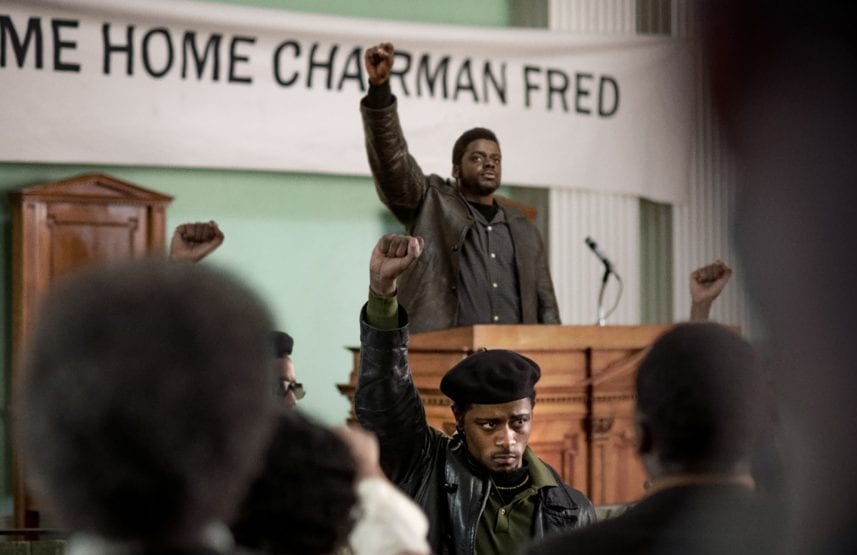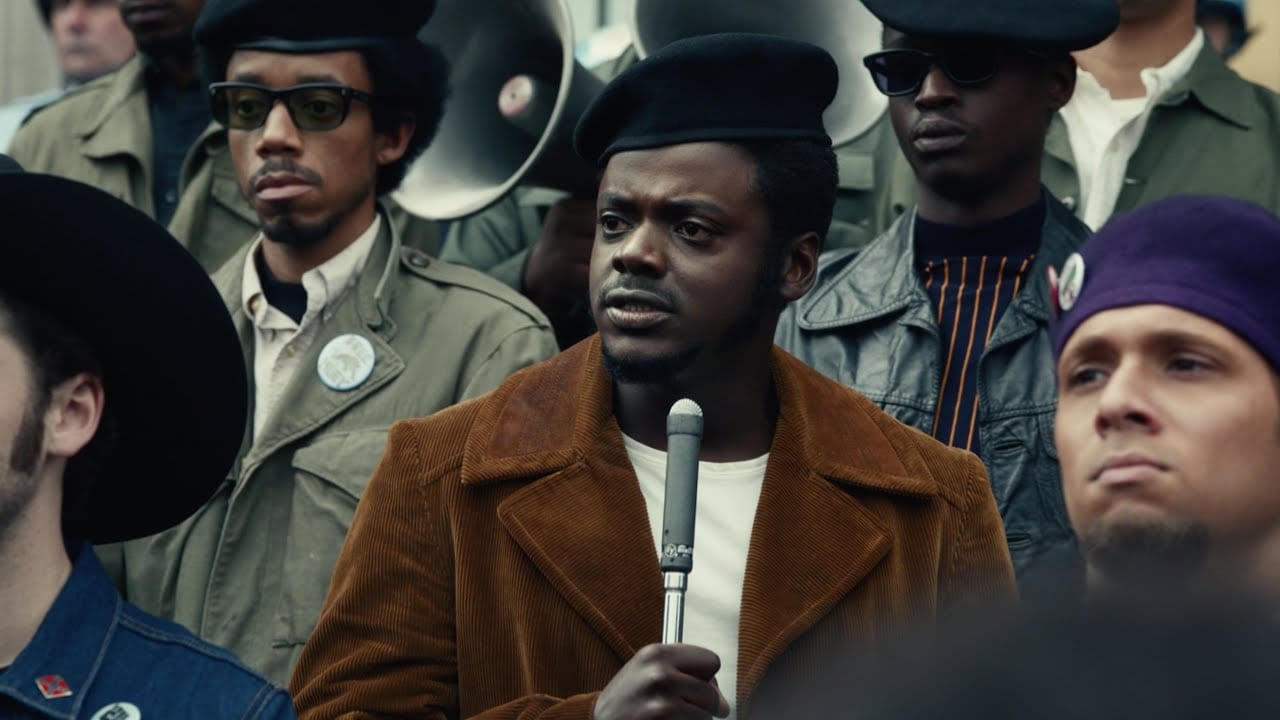
Judas & the Black Messiah: “I Want to Live”
The film has been on HBO Max for about a month now. I knew watching it was gonna require courage, as historical dramas about Black pain and suffering only serve to make me angry. So, I avoided it as long as I could until I finally sat down to watch on the first Saturday in…

